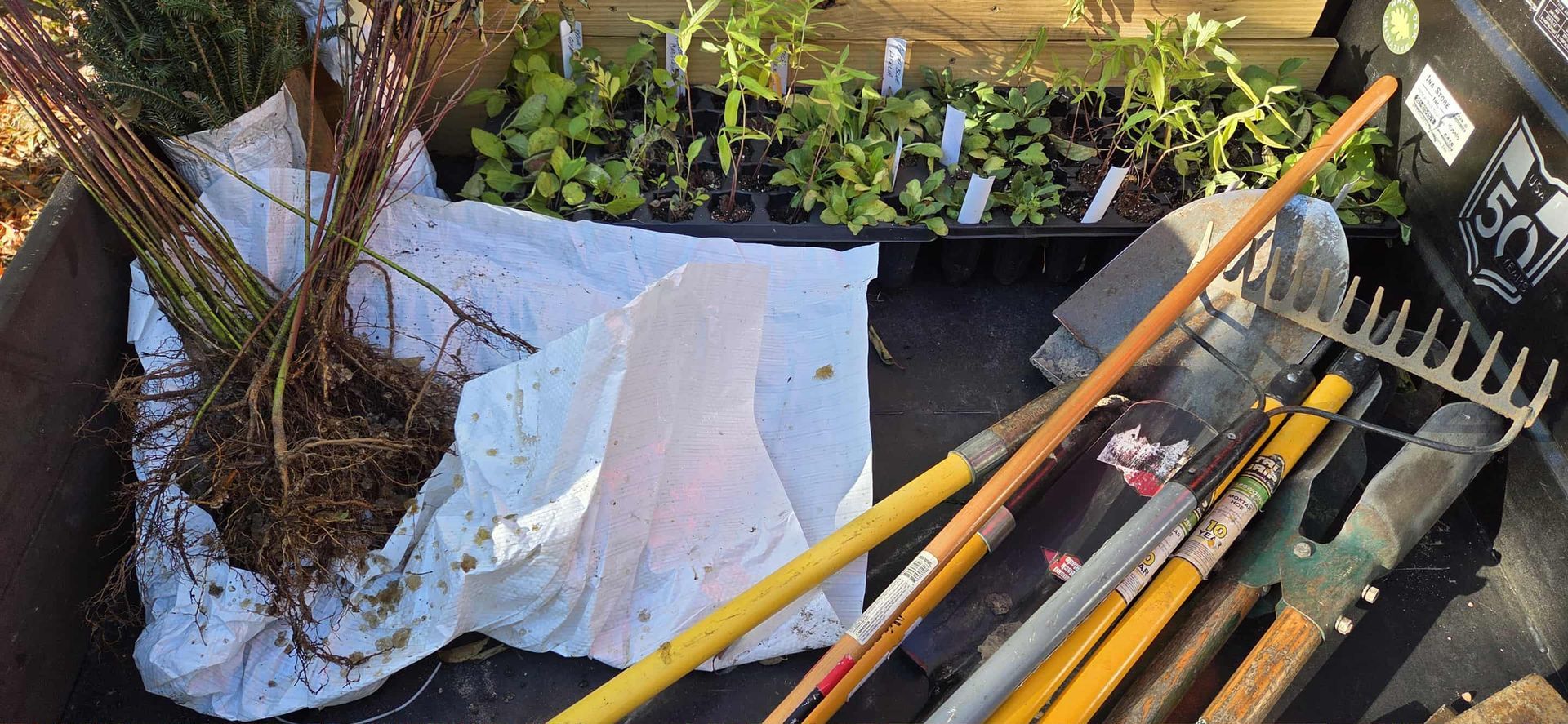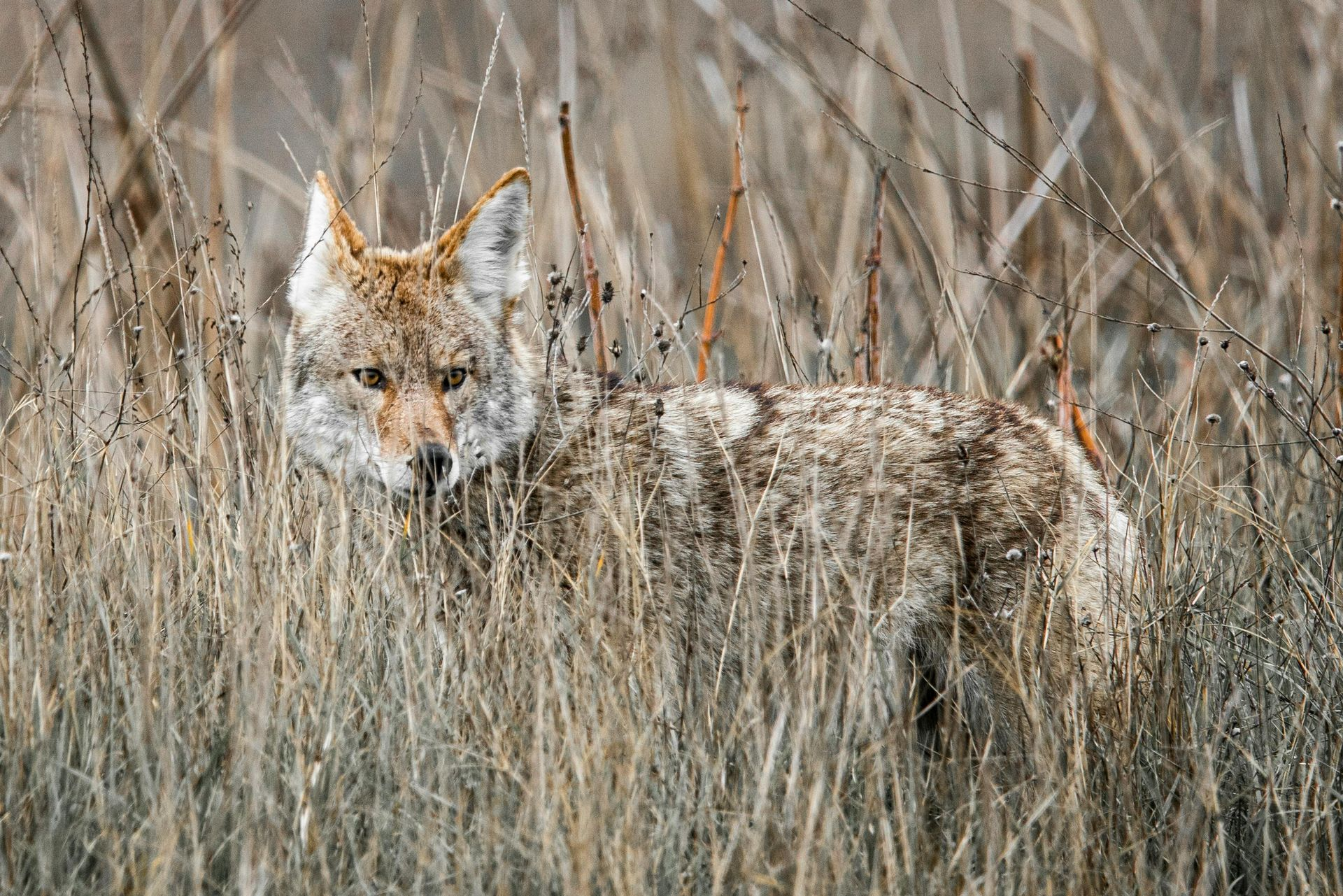August NRC Recap
Commissioners heard an ask from Michigan United Conservation Clubs (MUCC) to allow the purchase of a second hunt 234 turkey tag at the August Natural Resources Commission meeting..
Justin Tomei, MUCC policy assistant, asked commissioners to contemplate a second turkey tag for Michigan hunters using the best available science.
According to Tomei, allowing hunters to purchase a second tag during the 234 May hunt or a new hunt number running from mid-May through the first week of June uses emerging data in turkey biology to protect the populations while also providing more opportunities for hunters.
“The 234 hunt already has an unlimited quota, and hunters in the 234 hunt on average have less harvest success and take more hunting days to harvest a bird,” Tomei said, “Looking at the data, MUCC believes only the most dedicated turkey hunters would purchase a second tag and and be successful.”
MUCC noted the availability of 12 kill tags for white-tailed deer in the Lower Peninsula but only around 15% of deer hunters harvest a second deer.
DNR’s Adam Bump said that the department is not opposed to a two bird limit but not now.
Turkey regulations will be up for information at the October NRC meeting in Marquette.
Chad Stewart, DNR Deer and Elk specialist presented an overview of the Chronic Wasting Disease (CWD) antler point restriction (APR) study. There has been some controversy surrounding the sunsetting of the APR study without public notice that the regulation was ending. The public first found out when the hunting digest was printed without notice and the regulation was absent. MUCC wrote a blog on the issue .
The commissioners had a presentation from Dr. Seth Hebrst of DNR Fisheries division on fisheries orders up for information this month. A full breakdown of the orders can be found on our blog previewing the meeting.
Tom Weston of the Department of Natural Resources (DNR) Marketing Division debuted the department’s new mobile application. The app can be used for harvest reporting purposes, buying licenses and entering drawings. It can also be used to display some licenses or permits. The app is available for download on app stores now.
There were 10 land transactions on the agenda; MUCC only reviews those exceeding 80 acres.
Land Transaction Case #20180089 is a proposed exchange of land that would result in a net loss of 57.7 acres of DNR managed land. The private owner is offering mineral rights beneath other state-owned lands and full ownership to a parcel that is adjacent to other state-owned land that will provide public access to Lake Huron.
Land Transaction Case #20210058 would exchange 80 acres of isolated state owned land with a failing bridge for 75.92 acres of private land surrounded by existing state-owned lands.
Land Transaction Case #20210264 would exchange 80 acres of isolated, state-owned land for 80 acres of privately-owned land, providing access to 160 acres of existing state-owned land.
There were no director’s orders or NRC orders up for action this month.
The September meeting will be Thursday, September 8 at Lansing Community College.
To ensure our natural resources remain protected and managed thoughtfully in perpetuity, join Michigan United Conservation Clubs today: http://bit.ly/JoinMUCC .
The post August NRC Recap appeared first on Michigan United Conservation Clubs.
Recent Posts



